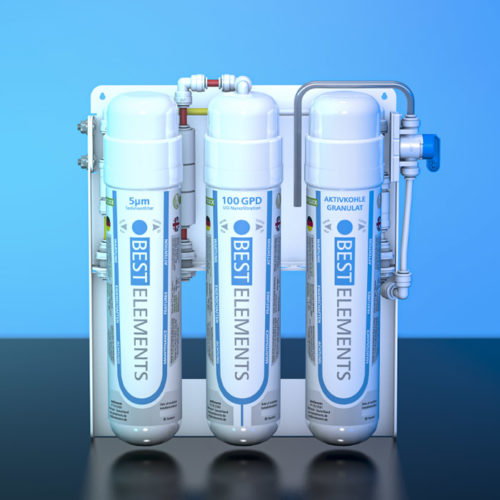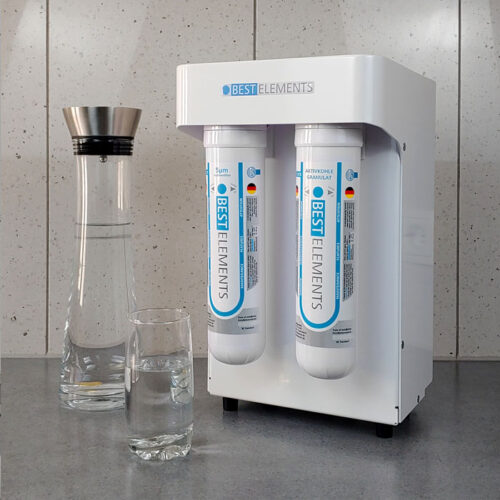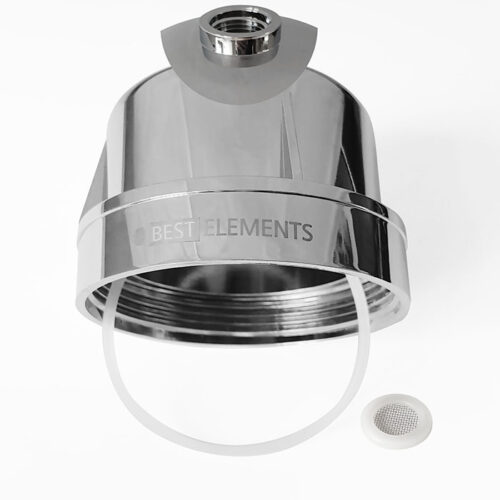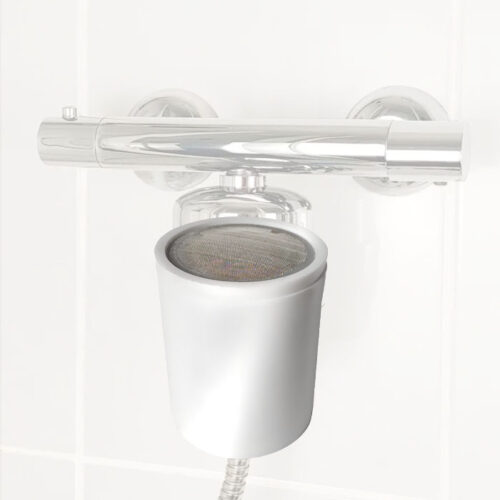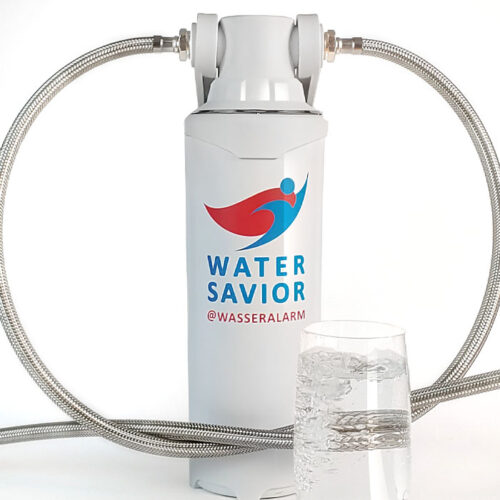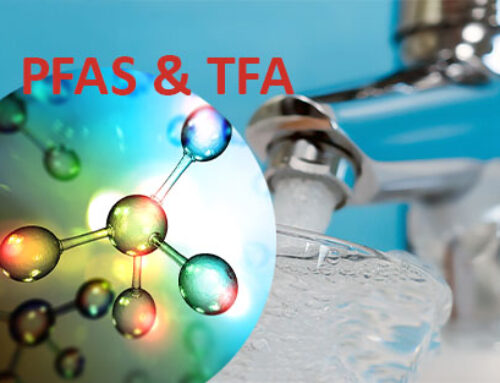The University of Tübingen explains that mineral water does not contain any minerals, otherwise you would have serious problems swallowing. The term mineral water simply means that when flowing past rocks, part of the soluble form of minerals has been taken up as cations and anions. Minerals are therefore metal ions (Na+, Ca2+, Mg2+, Fe2+, Zn2+, Se2+, Mo2+ etc.) and certain anions (HSiO3-, HCO3-, SO42-, F-, Cl-) that are contained in foods or medicines are. The cations and anions of the dissolved substances (e.g. in mineral water) are incorrectly referred to as “minerals”.
Minerals and trace elements in food
In general, minerals and trace elements are vital inorganic compounds that are responsible for the development of body tissue, cells, bones, teeth and the undisturbed flow within the body. Food is the main source of minerals with high bioavailability.
- Soy contains zinc, iron, potassium, manganese, calcium, phosphorus, magnesium, chloride
- Cheese contains zinc, calcium, phosphorus
- Nuts contain zinc, potassium, manganese, phosphorus, magnesium
- Spinach contains iron, potassium, manganese, calcium
- Mushrooms contain zinc, potassium and selenium
- Fish contains iodine
- Meat, e.g. beef contains iron, zinc, phosphorus
There is a lot of magnesium in whole grain products, spinach, dates. Potassium is found in mushrooms, lamb’s lettuce, kale, broccoli, fish, milk, bananas and eggs, among other things. When preparing a mineral-rich diet, the more unprocessed the better. Industrial ready meals and fast food offer hardly any nutrients. In comparison, water offers only small amounts in water-soluble form, which by far cannot cover the daily requirement of a person.

Federal Institute for Risk Assessment
Finally, the Federal Institute for Risk Assessment (BfR) has dealt with the subject and comes to the same conclusion. The BfR has assessed the possible health risks of very low-mineralized mineral water. The reason for this is a request from a state investigation office with reference to the World Health Organization (WHO).
“Very low-mineralized mineral water has been used as a drink by the population for a long time. There are gaps in knowledge when assessing the risk of very low-mineralized mineral water, as there are currently only a few scientific studies on this. However, based on current scientific knowledge, it can be assumed that very low -Mineralized mineral, spring and table water has no long-term adverse health consequences – assuming a balanced diet and the usual drinking quantities. After all, people absorb minerals from all of the food they eat every day…”
Source bund.de Sehr-niedrig-mineralisiertes-mineralwasser-gesundheitlich-bewertet.pdf
Filter water and lead a healthy lifestyle
This means that we can confidently filter our water and free it from unwanted impurities such as bacteria, hormone-like substances, drug residues, drug residues, heavy metals, chlorine or even radioactive substances and many more. The fact that cations and anions of minerals, for the sake of simplicity as s.g. Minerals are referred to, are removed, plays hardly any role in terms of health – assuming healthy and balanced food.
Apart from the water purity, it is more convenient, cheaper than bottled water and lugging and transport is an end – so the personal ecological balance is right.


